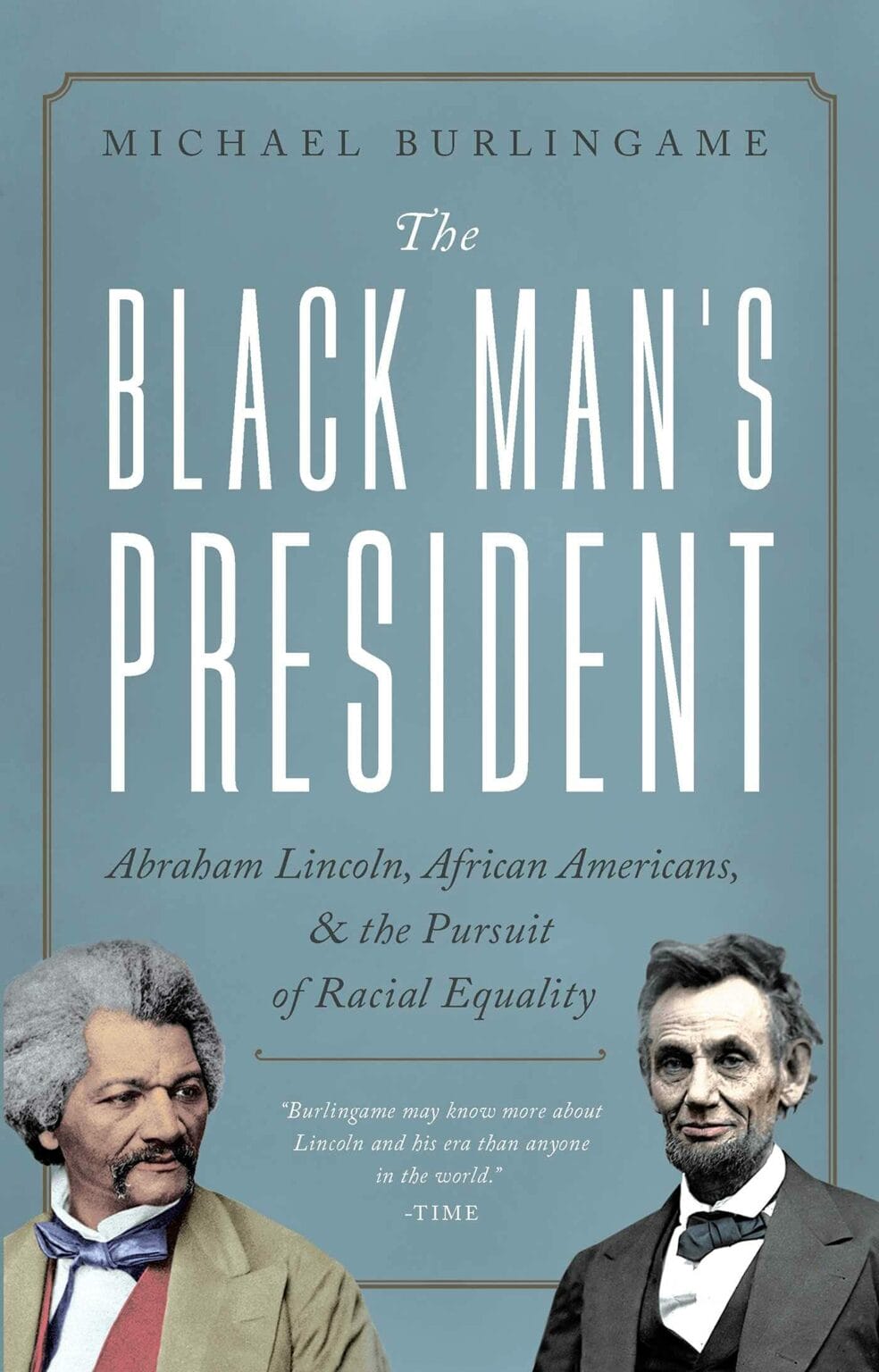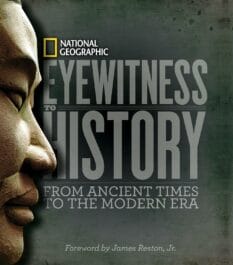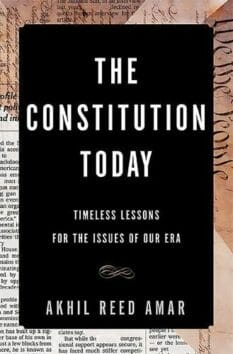The Black Man’s President Abraham Lincoln, African Americans, & the Pursuit of Racial Equality
Frederick Douglass called the martyred president “emphatically the black man’s president” as well as “the first who rose above the prejudice of his times and country.” This narrative history of Lincoln’s personal interchange with Black people over the course his career reveals a side of the sixteenth president that, until now, has not been fully explored or understood.
$5.99
Hardcover Retail: $29.95
5 in stock: Need more? Contact us.
Description
In a little-noted eulogy delivered shortly after Lincoln’s assassination, Frederick Douglass called the martyred president “emphatically the black man’s president,” the “first to show any respect for their rights as men.” To justify that description, Douglass pointed not just to Lincoln’s official acts and utterances, like the Emancipation Proclamation or the Second Inaugural Address, but also to the president’s own personal experiences with Black people. Referring to one of his White House visits, Douglass said: “In daring to invite a Negro to an audience at the White House, Mr. Lincoln was saying to the country: I am President of the black people as well as the white, and I mean to respect their rights and feelings as men and as citizens.”
But Lincoln’s description as “emphatically the black man’s president” rests on more than his relationship with Douglass or on his official words and deeds. Lincoln interacted with many other African Americans during his presidency His unfailing cordiality to them, his willingness to meet with them in the White House, to honor their requests, to invite them to consult on public policy, to treat them with respect whether they were kitchen servants or leaders of the Black community, to invite them to attend receptions, to sing and pray with them in their neighborhoods—all those manifestations of an egalitarian spirit fully justified the tributes paid to him by Frederick Douglass and other African Americans like Sojourner Truth, who said: “I never was treated by any one with more kindness and cordiality than were shown to me by that great and good man, Abraham Lincoln.”
Historian David S. Reynolds observed recently that only by examining Lincoln’s “personal interchange with Black people do we see the complete falsity of the charges of innate racism that some have leveled against him over the years.”
Additional information
| Weight | 17.76 oz |
|---|---|
| Dimensions | 9 × 6 × 1.4 in |
| Binding |
Related products
-

The Early Battles of Eighth Army – Crusader to the Alamein Line, 1941-42
$4.75Paperback Retail$18.95Add to cart -

Chernobyl
$3.99Paperback Retail$12.99Add to cart -

Eyewitness to History
$9.99Hardcover Retail$35.00Add to cart -

The Constitution Today
$4.99Hardcover Retail$29.99Add to cart -

Above the Reich
By Colin Heaton$4.99Hardcover Retail$28.00Add to cart -

Rosewater
$4.25Paperback Retail$16.00Add to cart






